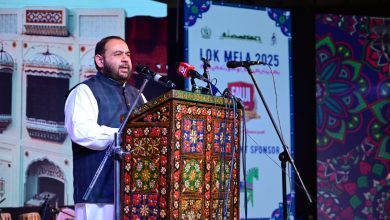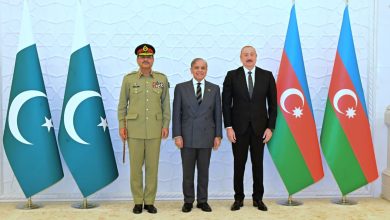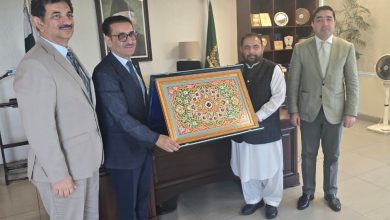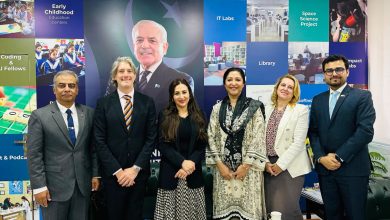Driving Pakistan Africa Connectivity Through Trade

The Prime Minister of Pakistan has directed a stepped-up engagement with Africa, prioritising trade, investment and stronger commercial ties under the Pakistan Africa connectivity agenda. Additional Secretary Ministry of Foreign Affairs Ambassador Hamid Asghar Khan articulated this approach while chairing a roundtable with African envoys in Islamabad, hosted by the Center of Pakistan and International Relations in collaboration with Pakistan in the World media group.
TDAP, in coordination with the Ministry of Foreign Affairs and the Pakistan Embassy in Addis Ababa, will hold a single-country exhibition from 16 to 18 October 2025 featuring over 100 Pakistani exhibitors. The exhibition aims to translate Pakistan Africa connectivity goals into concrete B2B opportunities across manufacturing, agriculture, pharmaceuticals and services.
Ambassador Hamid Asghar Khan highlighted plans to improve air connectivity, noting direct links with Ethiopia, and a promising initiative to establish direct shipping and port connections between Pakistani and East African ports. Such transport links are central to reducing dependence on third-party routes, lowering costs for end customers and making Pakistan Africa connectivity more efficient.
Speakers at the roundtable emphasised sectors with immediate potential. Agricultural cooperation, joint ventures in fertiliser and inputs, and healthcare partnerships were singled out as high-impact areas. Existing agreements mentioned include a memorandum with Algeria and Pakistan’s Fatima Group on phosphate fertiliser production, a waste management cooperation with Rwanda, private sector agriculture projects with Nigeria, tea trade with Kenya and a phosphoric acid joint venture between Fauji Fertilizer and Morocco.
Delegates also noted Pakistani private sector successes such as a Pakistani-run football factory in Cairo and a cement factory in the Democratic Republic of Congo, alongside South Africa’s large and active Pakistani business community. Sudan and Pakistan are progressing healthcare collaboration while Pakistani pharma and medical services were identified as a route to expand bilateral trade significantly, with healthcare alone seen as capable of taking trade to higher levels.
The roundtable drew participation from 10 African ambassadors and high commissioners representing missions from Algeria to Zimbabwe, reflecting wide interest in deeper ties. Senator Mushahid Hussain Syed delivered a keynote, while industry representatives and financial experts, including the General Manager North of al-Baraka Bank, Mr. Raheel Sajjad, discussed reliable transactional channels through bank branches operating across African markets.
Ambassador Hamid Asghar Khan paid tribute to the sacrifices of Pakistani personnel in UN peacekeeping missions in Africa, noting that 280 soldiers lost their lives in service of peace and stability on the continent. He framed such contributions as part of the strong bonds underpinning Pakistan Africa connectivity and mutual goodwill.
Throughout the discussions, the Additional Secretary stressed the role of the private sector in converting policy into projects, urging businesses to pursue direct trade, develop B2B linkages and form joint ventures tailored to individual country needs. Cultural and educational exchanges, including food, music and fashion festivals, were recommended to deepen people-to-people ties and build long-term relationships between youth on both sides.
The Islamabad roundtable established a clear path from policy to practice: improved transport links, targeted sectoral agreements and active private sector engagement to realise the potential of Pakistan Africa connectivity and raise bilateral trade and investment to new levels.




